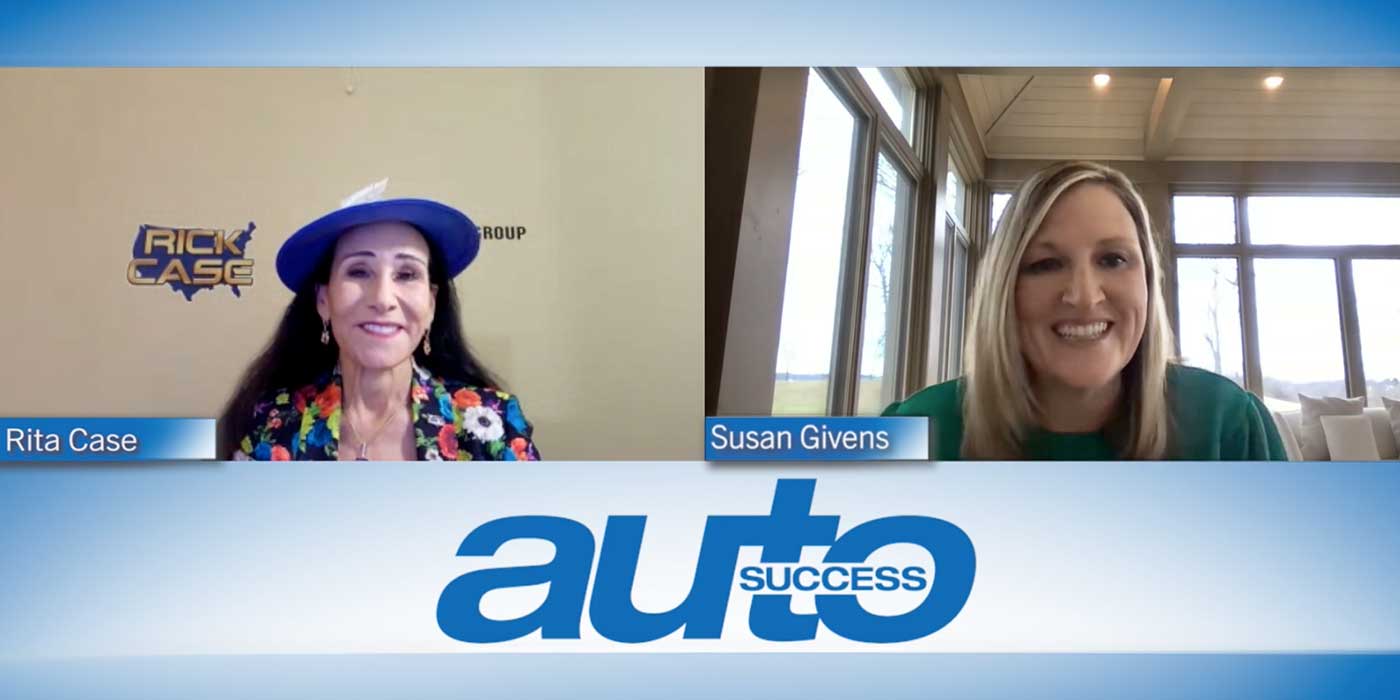Ignore a Written Policy at Your Peril
Would you like one simple idea that could dramatically reduce your liability and increase compliance? Something that shouldn’t take more than a few hours to set up?
Think about two dealerships who look at liability in two different ways:
Dealership No. 1 is almost solely focused on profit by moving metal — as many units as possible. They try to check safety recalls, but realize it is only illegal to sell new (i.e., in-brand) vehicles, not used (especially off-brand) vehicles. They check the government website for off-brand, but don’t have a mandate to do so, via a written safety recall management policy. When asked, they say “We have a recall policy,” but when pressed to answer that [1] it is written and [2] every employee has signed a copy, they say “We know what it is; it’s not written.” They think that as long as they use SaferCar.gov, their liability is “covered.”
Dealership No. 2 is not only focused on profitability, they recognize that with all the laws, rules and regulations, compliance isn’t an option. The last thing they want to do is hurt anyone who has purchased a vehicle from them with a material defect, and also realize that anyone can sue anyone at any time. SaferCar.gov does not provide a safe harbor. They take just a little more time to do the necessary things required to reduce liability, while generating additional profits.
The simple thing you can do? To reduce your liability, your customers’ risk and increase your revenue and profitability, it is essential to have a written safety recall management policy that everyone signs.
Why? Otherwise, your business is at serious risk. As the dealer principal, you are at risk.
If you rely on verbally relaying orders, people will forget, new hires won’t know what your policy is or it may “shift” over time. Your organization will then definitely operate however it wants to.
And, if worse comes to worst, and you sell a vehicle with an open safety recall that injures or kills someone, by not having a written policy, damages could be far greater.
However, if you have a written policy, and every employee reads and signs it, and is trained with a process in place to implement it, then only “rogue” employees may not follow it. (Although no legal advice is being given, it should seem clear to the reader that a written policy will help communicate your desires throughout the organization and minimize your liability.)
Things to consider when developing your policy:
Summary
A summary will help convey the seriousness you place on safety, compliance and doing what’s right for your customers by providing a high-level overview that can focus your employees.
Key Roles and Responsibilities
You will want to identify who has the responsibility and authority to ensure the policy and procedures are carried out.
Service Manager
The service manager (or fixed ops director) role in your policy and process can help ensure that your policy is implemented. (The service manager may also be the point person.)
Sales Management
Sales management personnel are integral in the process. They should have a daily list of vehicles they are not allowed to sell. Or, depending on your policy, disclose, when they must.
Business Office
Depending on how you operate your dealership, personnel in your business office or F&I department should be responsible for printing disclosure statements for every vehicle sold/traded, and if a rental or loaner, pull the vehicle so it will not be rented or retrieve the vehicle, per the FAST Act requirements.
Employees
All employees should read and sign your policy. To help ensure it is followed, you may even consider that not following your policy may be grounds for termination.
Procedures
The point person should develop necessary procedures for employees to follow, such that your policy is implemented within the organization. These will include, but are not limited to:
- Daily Verification and Reporting
- Daily Safety Recall Report Distribution
- Consumer Disclosure Statements
- Post-Sale Auditing and Reporting
These are just some of the things to consider when developing your safety recall management policy. It is highly recommended that you talk with your attorney as well as your state auto dealer’s association or even NADA. (Note: The author is not an attorney and is not providing legal advice.)
Not Having a Written Safety Recall Policy is a Bad Idea!
A policy affirms and documents your commitment to safety, creates a framework for effective recall compliance and establishes the scope, authority and responsibilities for managing safety recalls.
It is highly recommended that all employees read and sign the policy that you develop, and that they are trained in the systems and processes that you use.
Reap the Rewards
Develop your written policy; have employees sign it; implement it; then follow it, and your liability should decrease significantly. Your profitability should even increase as well, due to the additional warranty reimbursement you will undoubtedly find.
Dealers can obtain a free template by emailing the author at [email protected].














